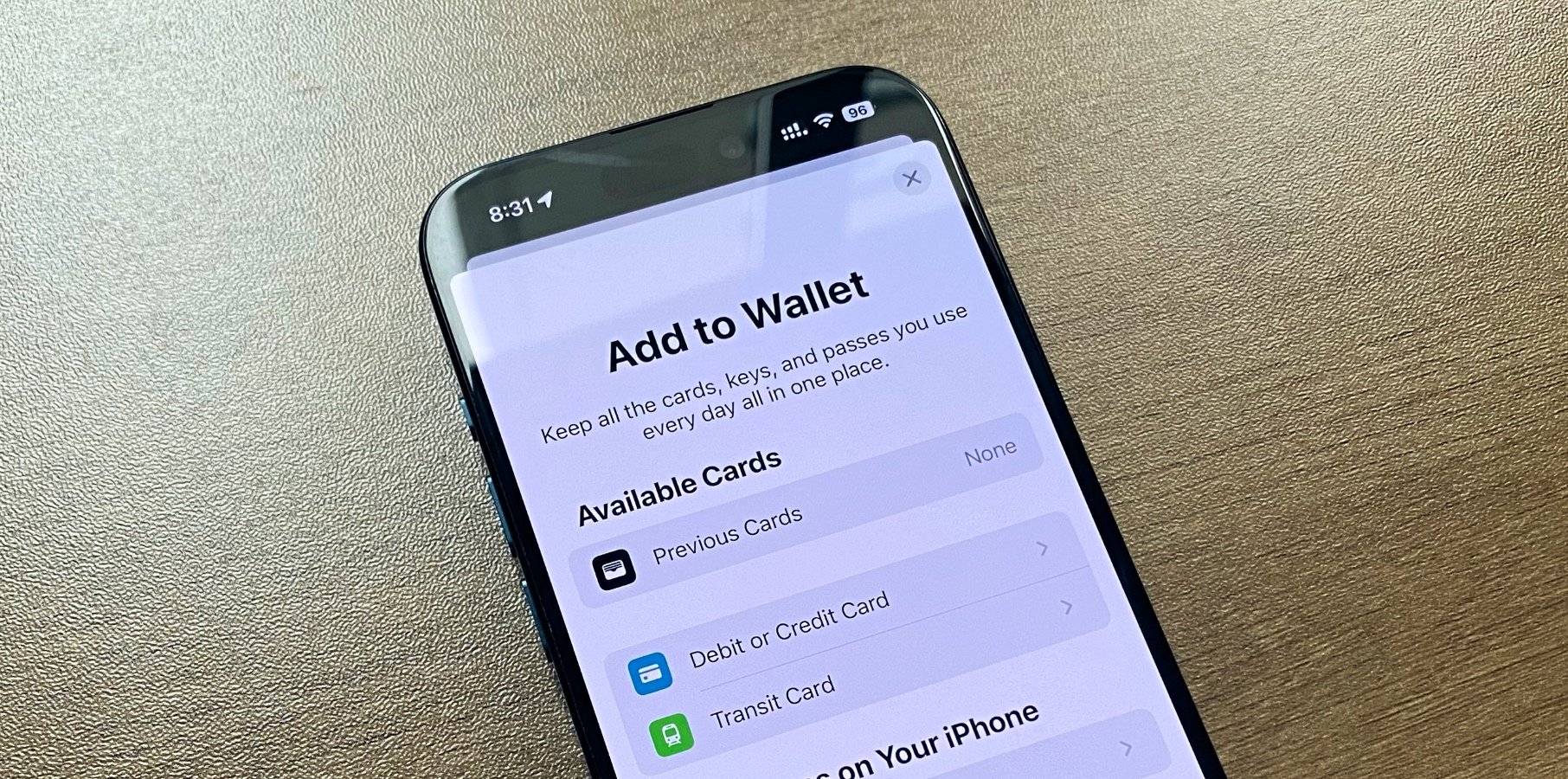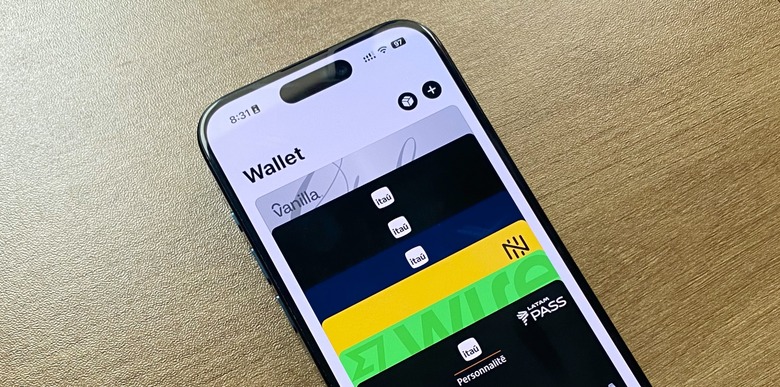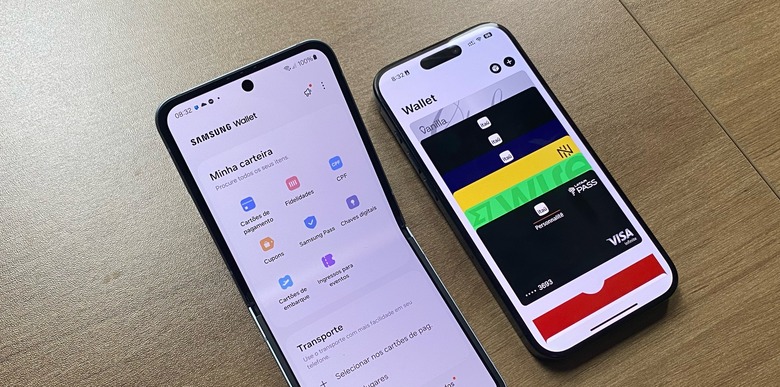Apple Dodges Antitrust Suit By Opening Apple Pay And NFC In The EU
A few months after Apple had to open up the iPhone's App Store to third-party marketplaces due to the European Union's Digital Markets Act, Cupertino has now committed to giving developers access to core NFC functionalities from its devices.
Users will be able to choose from different wallets and payment methods in the region, such as Samsung Wallet, Google Wallet, or other apps. In addition, Apple will offer easy-to-use functionalities, such as making these apps default instead of the company's Wallet, double-clicking on the Side Button for quick access, and Face ID authentication.
According to a letter from European Commission Vice-President Margrethe Vestager, Apple was wrong to limit NFC payments with only its built-in option since "NFC technology was not developed by Apple. It is a standardized technology. It is made available for free." That said, three were the reasons to make Cupertino open up this technology to third-party makers:
- Apple holds a significant position in the market for smart mobile devices;
- Apple is dominant in the market for NFC functionalities and for mobile wallets for iPhones;
- Apple refused to give access to the NFC technology on the iPhone to rival wallet developers. Instead, Apple reserved the use of the NFC technology on the iPhone for its own mobile wallet solution.
Here's how third-party makers will take advantage of the iPhone's NFC functions
After months of testing, Apple will now give third-party mobile wallets free access to NFC functionality. However, Apple won't open its Secure Enclave, as these wallets will use a "Hos Card Emulation Mode," although the European Commission says "it offers an equivalent solution in terms of security and user experience."
In addition, double-click and face ID authentication will also work with third-party wallets. Also, Apple will let users choose their default iPhone Wallet. This will work for users registered in the European Economic Area and continue to work even when traveling abroad.
Developers can even supercharge their wallets with transit cards, access control, concert tickets, and digital identity credentials.

The letter ends with a warning: "From now on, Apple can no longer use its control over the iPhone ecosystem to keep other mobile wallets out of the market. Competing wallet developers, as well as consumers, will benefit from these changes, opening up innovation and choice while keeping payments secure."
These features will have to be available for iPhone users until July 25, so a software update is likely just around the corner. It could come with iOS 17.6.

